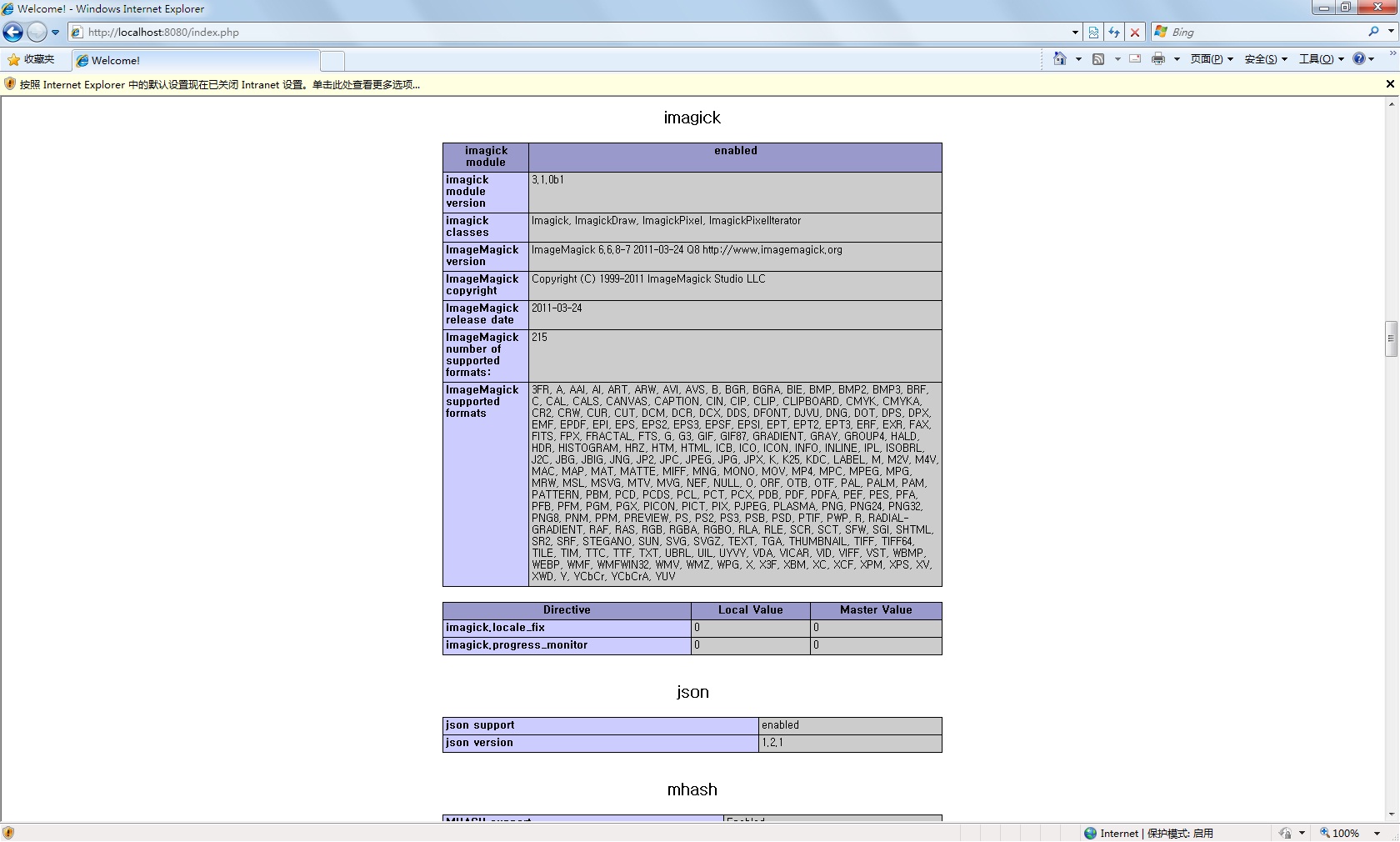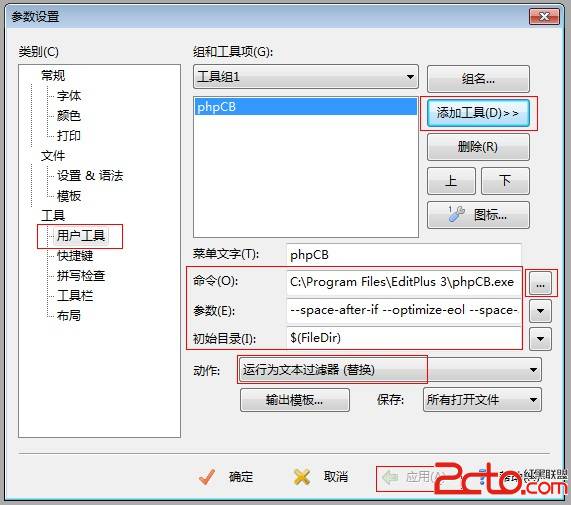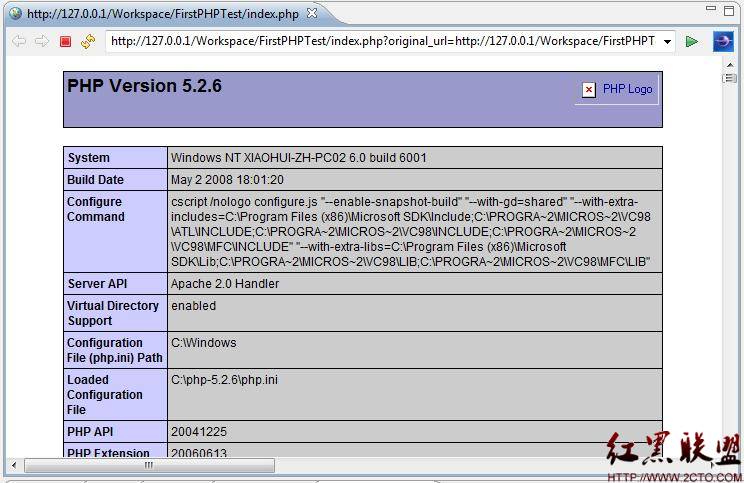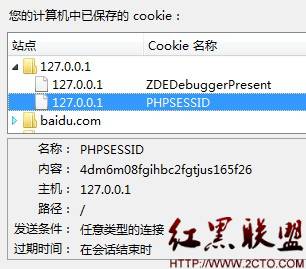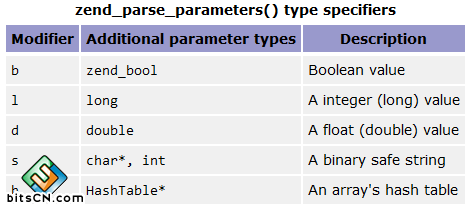php 读取文件函数
1、用file_get_contents或者fopen、file、readfile等函数读取url的时候,会创建一个名为$http_response_header的变量来保存http响应的报头,使用fopen等函数打开的数据流信息可以用stream_get_meta_data来获取。
2、php教程5中新增的参数context使这些函数更加灵活,通过它我们可以定制http请求,甚至post数据。
示例代码1:
<?php
$html = file_get_contents('http://www.zzzyk.com);
print_r($http_response_header);
// or
$fp = fopen('http://www.example.com', 'r');
print_r(stream_get_meta_data($fp));
fclose($fp);
?>
示例代码2:
<?php
$data = array ('foo' => 'bar');
$data = http_build_query($data);
$opts = array (
'http' => array (
'method' => 'post',
'header'=> "content-type: application/x-www-form-urlencodedrn" .
"content-length: " . strlen($data) . "rn",
'content' => $data
),
);
$context = stream_context_create($opts);
$html = file_get_contents('http://www.example.com', false, $context);
echo $html;
?>
实例三
获取过来以后自动输出到浏览器,我们有没有其他的方式组织获取的信息,然后控制其输出的内容呢?完全没有问题,在curl_setopt()函数的参数中,如果希望获得内容但不输出,使用curlopt_returntransfer 参数,并设为非0值/true!,完整代码请看:
<?php // create a new curl resource $ch = curl_init(); // set url and other appropriate options curl_setopt($ch, curlopt_url, “http://www.google.nl/”); curl_setopt($ch, curlopt_returntransfer, true); // grab url, and return output $output = curl_exec($ch); // close curl resource, and free up system resources curl_close($ch); // replace ‘google’ with ‘phpit’ $output = str_replace(’google’, ‘phpit’, $output); // print output echo $output; ?>
补充:Php教程,Php函数